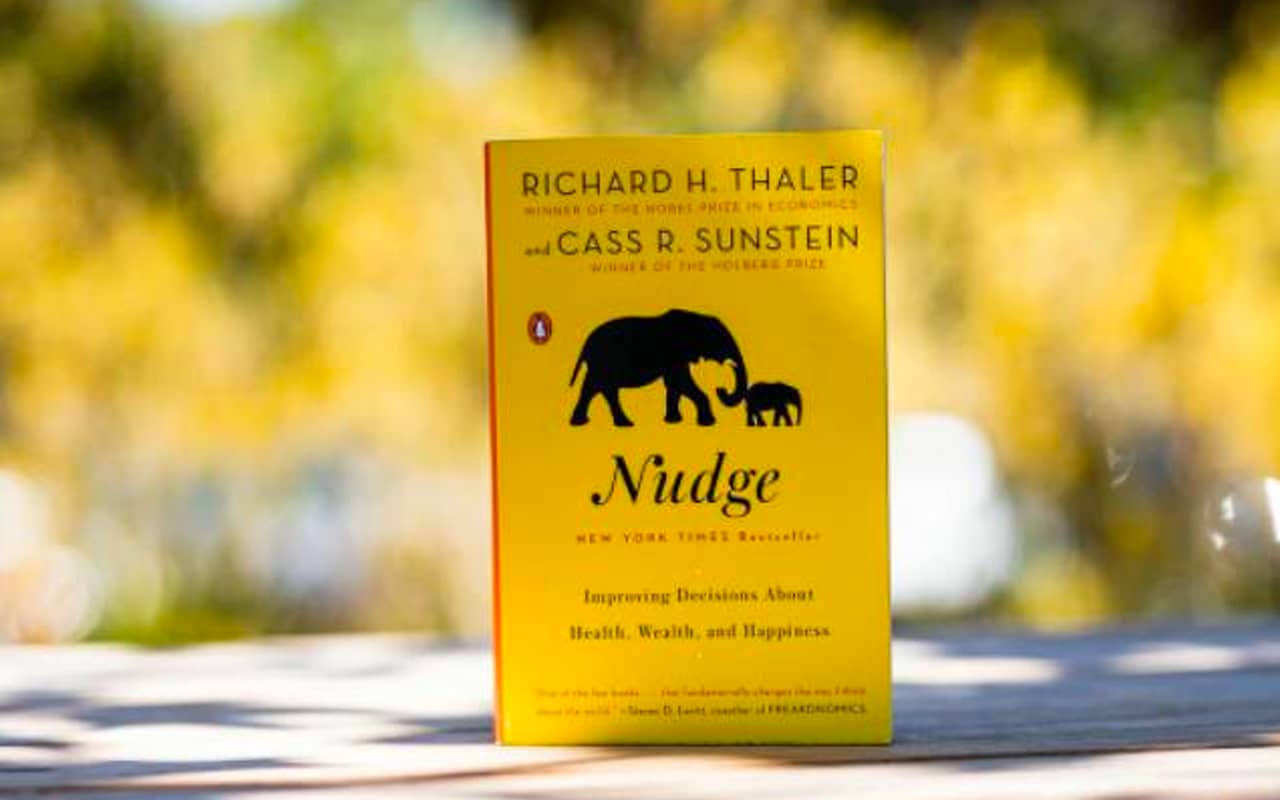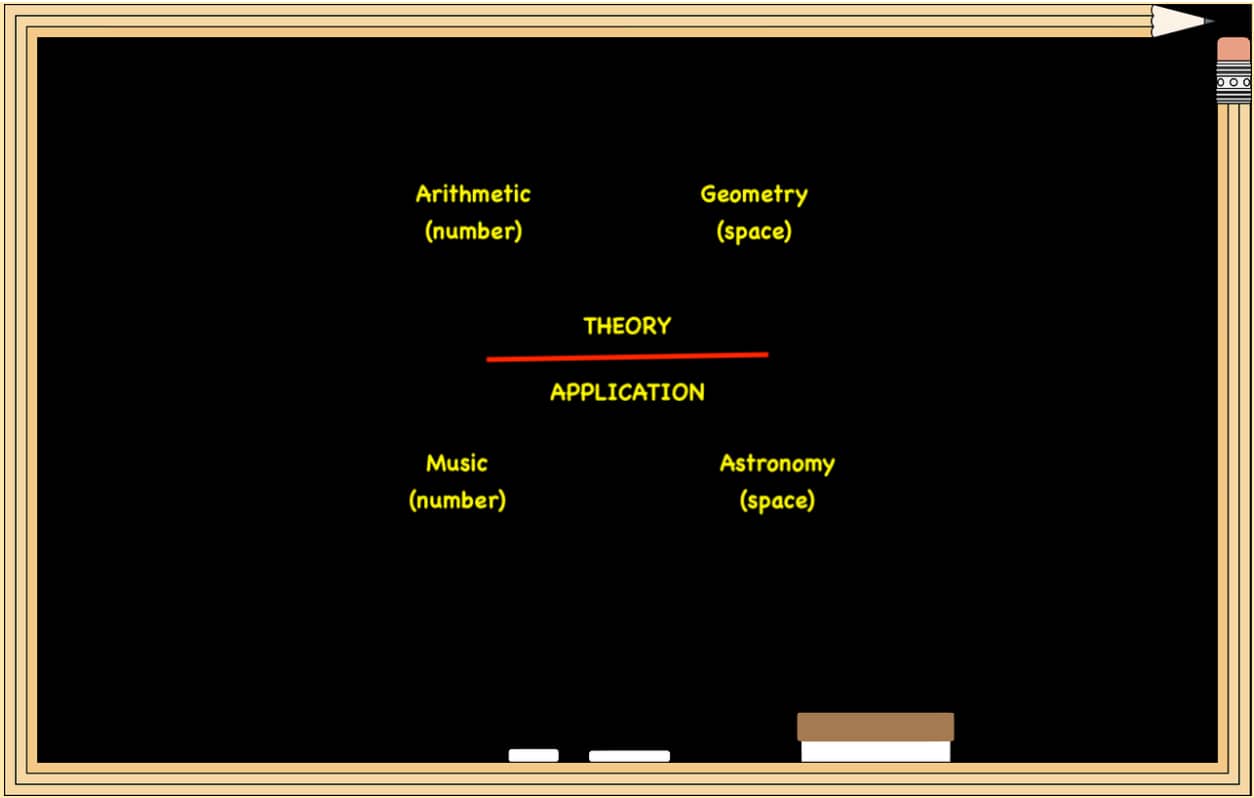 Everyone needs reasoning skills, but there’s a big problem.
Everyone needs reasoning skills, but there’s a big problem.
Not everyone needs the same types of reasoning skills.
For example, in Learning Legal Skills and Reasoning, Sharon Hanson highlights how lawyers need to:
- Develop the ability to constantly question
- Seek the underlying assumptions behind arguments
- Taking nothing for granted
- Seeking evidence that backs up assertions and complains
- Question their own positions
These skills are clearly different than the reasoning you need to perform well on the typical IQ test.
For that outcome, you would want to focus on:
- Verbal skills
- Numeracy skills
- Spatial understanding
- Being able to perceive the difference between forms
These skills relate to, but differ yet again from the reasoning skills a scientist might use. In this realm, reasoning skills would involve:
- Procedural skills for running experiments
- Investigative skills
- Scientific habits of mind
- Knowledge seeking behaviours that converge with the theory and evidence
- Critical thinking skills
- Scientific literacy skills
Given that all of these different fields involve reasoning, you might feel confused.
On this page, we’ll dive deep into both a broad and specific definition of reasoning skills. You’ll also get some examples you can model.
Let’s dig in.
What Are Reasoning Skills?
In a book called Nudge: Improving Decisions about Health, Wealth, and Happiness, Nobel prize-winning economist Richard Thaler joins forces with the legal expert Cass Sunstein.
They define reasoning by describing how we reason. For example, we use various heuristics or rules of thumb to make decisions.
However, not all of these heuristics are positive. They detail how our “automatic system” often overpowers our “reflective system,” causing us to make mistakes because we go with our “gut.” Instead, we should be purposefully engaging in reflective thinking to make better decisions.
They argue that we can overpower the automatic and harmful decisions we make by designing our choices in advance. And that’s ultimately where an understanding of your reasoning ability begins.
All you have to do is learn the different types of reasoning and use some simple exercises to improve your abilities with each.
The Most Important Types of Reasoning Skills
As we covered in the introduction, there are a large variety of skills involved in your reasoning capacity.
While going through each, consider ways that you can fit time in your schedule for the suggested exercises.
One: Spatial Reasoning
As Brent Davis points out in his book Spatial Reasoning in the Early Years, many scholars argue about what exactly defines this area of reasoning. Some people describe it purely as any kind of visualization, whereas others insist it must involve visual-spatial characteristics.

David prefers that we cast the definition wide by including all of these mental skills:
- Locating objects in space
- Orienting oneself in space and navigating
- Decomposing and recomposing imagined objects or otherwise shifting their dimensions
- Balancing
- Diagramming
- Imagining symmetrical relationships
- Mentally transforming objects in the mind
- Comparing
- Scaling
All of these mental activities are obviously very useful.
One simple and rewarding way you can improve in most of these areas is to follow the medieval scholastic program called the Quadrivium.
In this learning model, you would study the theory of number and space through arithmetic and geometry. You would then practice the theory through music and astronomy.
You’ll improve your spatial reasoning abilities just as much these days as you would have in the medieval era. But as reason itself would dictate, we also have a lot more ways to practice theory, such as in chemistry, biology, neurology, etc.
Two: Investigative Reasoning
Many fields of expertise require the individual to be a qualified researcher. When I completed my first MA, I was required to complete a course in research, for example. This learning experience continues to help me to this day, well over a decade later.
You can think about investigative or research reasoning as having at least four areas:
- Intellectual and conceptual skills
- Perspective skills
- Practical and systematic skills
- Writing and speaking about research findings
Basically, you will use concepts to identify the area of research you want to go into and frame the project.
Perspective skills mean that you have the ability to understand the angle you’re bringing and weed out any cognitive biases that influence the data. Objective reasoning is a key part of making sure your subjective experiences don’t cloud the results.
Practical and systematic skills involve the actual use of primary and secondary resources through library and online archives. Depending on your research, you may also need interview skills.
Finally, you’ll need to be able to communicate about your research.
Expressing yourself well typically begins with writing and speaking, but can also involve media skills such as recording podcasts or presenting on video.
In these roles, you might need to think on your feet as well, which is all the more reason to invest in your ability to conduct proper research. To help ensure you can remember all the details, I suggest you learn to use the Memory Palace technique.
It’s worth repeating: Memory is incredibly important for maturing your thoughts about the data and ensuring that you write and speak well. To help you improve in these areas, please consider signing up for this course:
How do you improve in this area?
I suggest researching and writing at least one book in your life. And if you write more, think about how you can bring even more research and better communication skills to the next project.
I did this with The Victorious Mind and it’s been my most successful book as a result.
Three: Scientific Habits Of Mind
If humanity is going to survive, everyone needs to improve their scientific literacy.
Unfortunately, there’s a lot of science skepticism out there, and that’s because people have either forgotten what science is or never learned it in the first place.
Science is very simply a procedural tool. We use it to gather questions that either validate or invalidate our assumptions about the world.
All it requires is:
- A willingness to be intellectual honesty and humble
- Careful observation
- Asking lots of questions
- Formulating those questions using correct hypothesis forms
- Making predictions and experimenting.
If you can develop these logical reasoning skills, you can consistently identify which claims people make are true or false. As a result, you become free from prejudice and irrational influence from external forces.
How can you improve your scientific literacy? A few ways:
- Read books about the history and philosophy of science
- Learn and practice a variety of critical thinking strategies
- Get involved in community science projects through schools and institutions
- Volunteer to be part of the science curricula by helping in classrooms
- Help scientists gather data by participating in research initiatives
- Join a local skeptics organization
- Subscribe to Skeptic Magazine
- Use the Baloney Detection Kit
Boost Your Reasoning Abilities Fast
We’ve covered a ton on this page and it might seem like improving your reasoning skills will take a lot of time and effort.
Time, yes, but the good news is that you can get boosts really within a few hours when you start thinking in evidence-based ways.
You can easily remember just one question that will help get the ball rolling:
What’s the evidence?
So although there are many different kinds of reasoning skills that apply to different areas, one thing is constant among all of them:
Whenever someone makes a claim, there absolutely needs to be evidence to support it.
Not only that, but the evidence needs to reach a certain standard. And when you combine all of the three kinds of reasoning skills we’ve discussed today, you’ll always know what that standard should be based on your scientific literacy.
The final step is to share these skills with others. Humanity truly does need more people on the same page about reason so that we don’t allow the automatic systems of the brain to lead us into error. From nuclear war to environmental catastrophes, there are some mistakes that simply cannot be undone.
So what do you say?
Are you reading to reason better and enjoy better thinking?
Related Posts
- 5 Simple Ways Albertus Magnus Can Improve Your Memory Palaces
There's a moral element to memory and you can use these 5 rules from Albertus…
- 5 Critical Thinking Quotes That Will Instantly Sharpen Your Mind
Most critical thinking quotes have nothing to do with the critical part. These 5 quotes…
- The 7 Main Types Of Thinking (And How To Use Them Better)
If you need to learn the main types of thinking with specific and concrete examples,…








